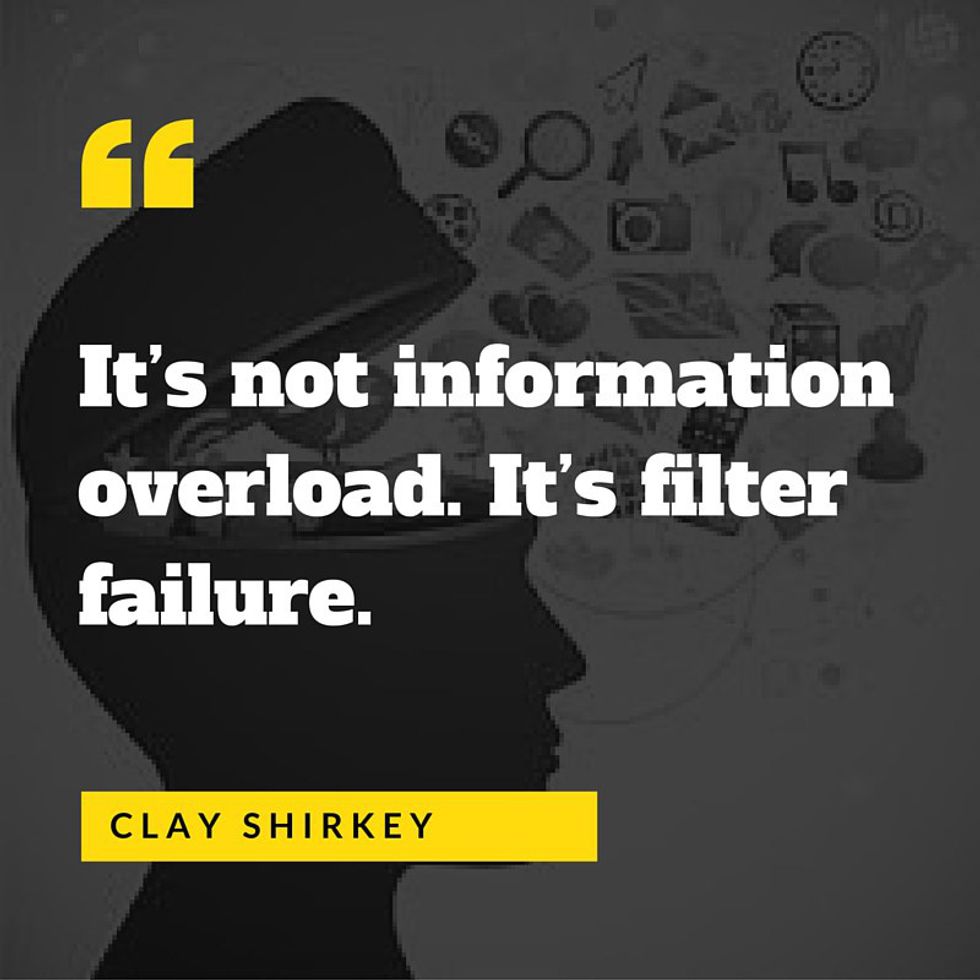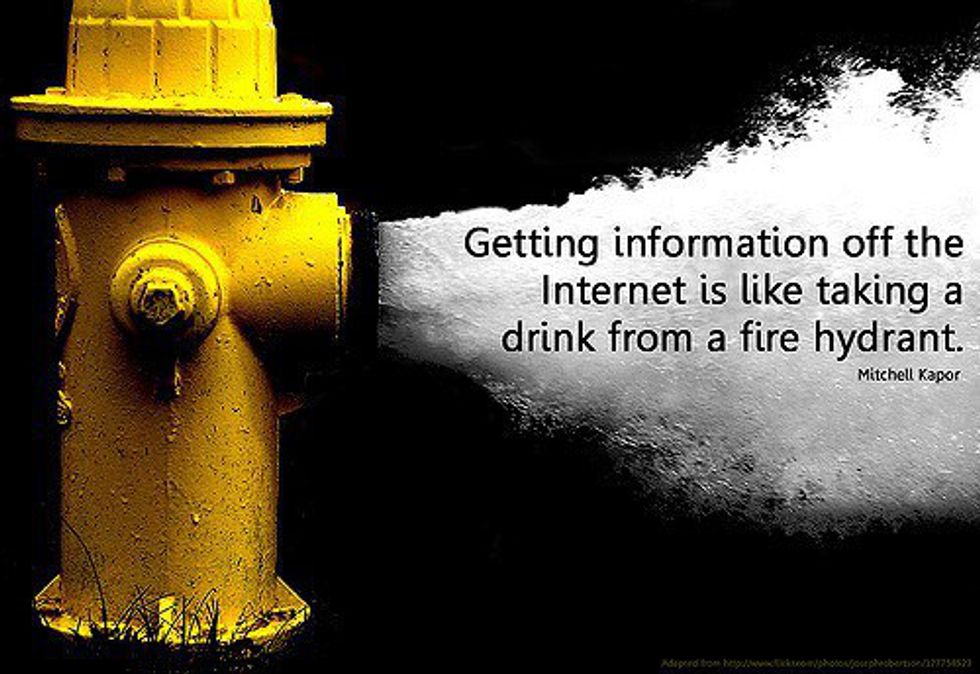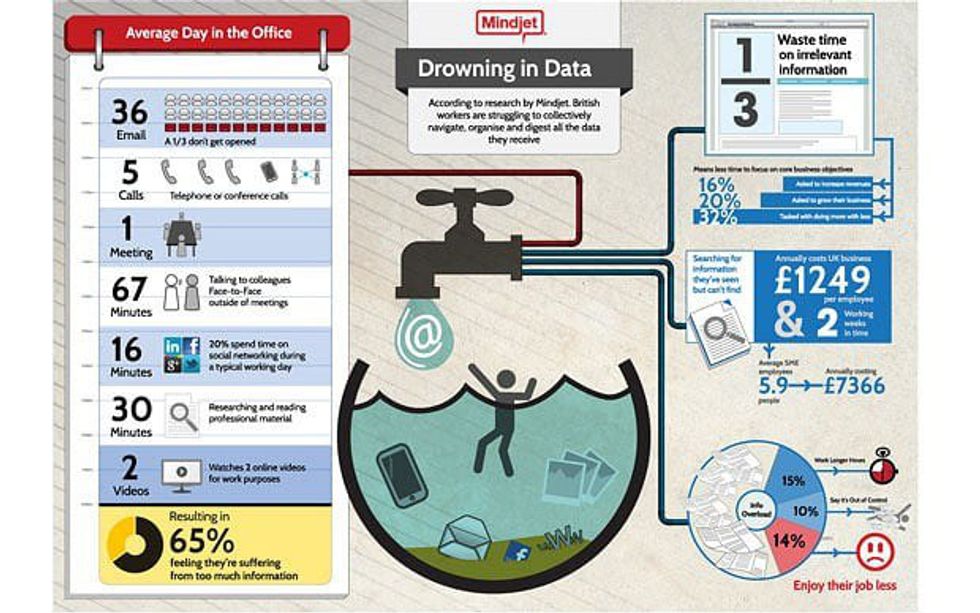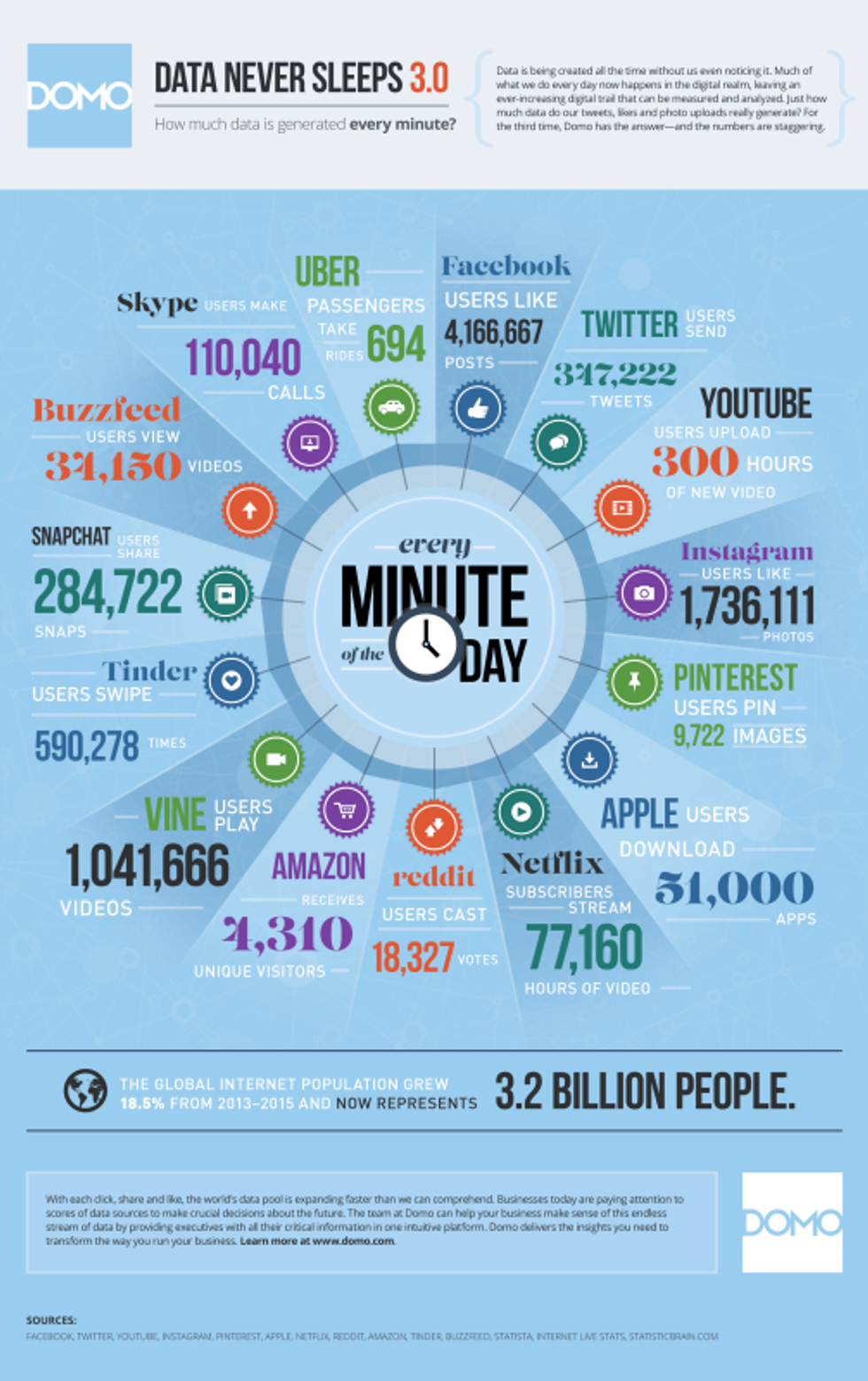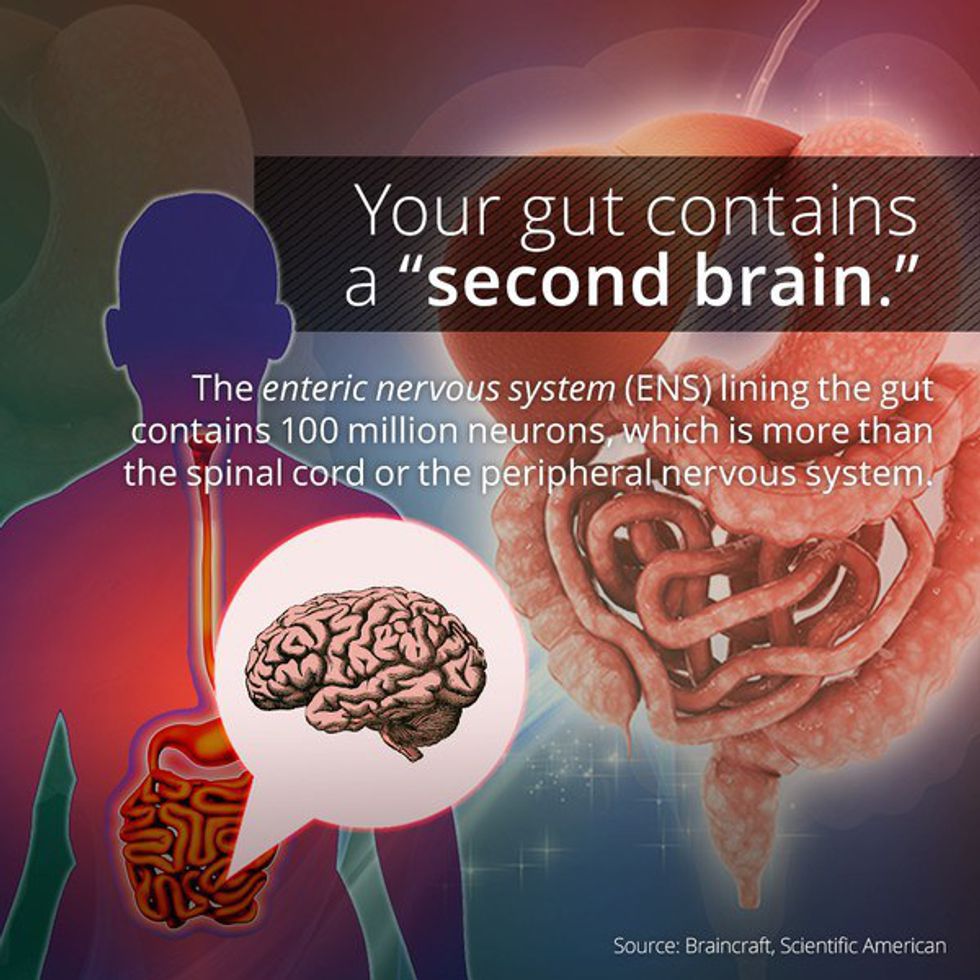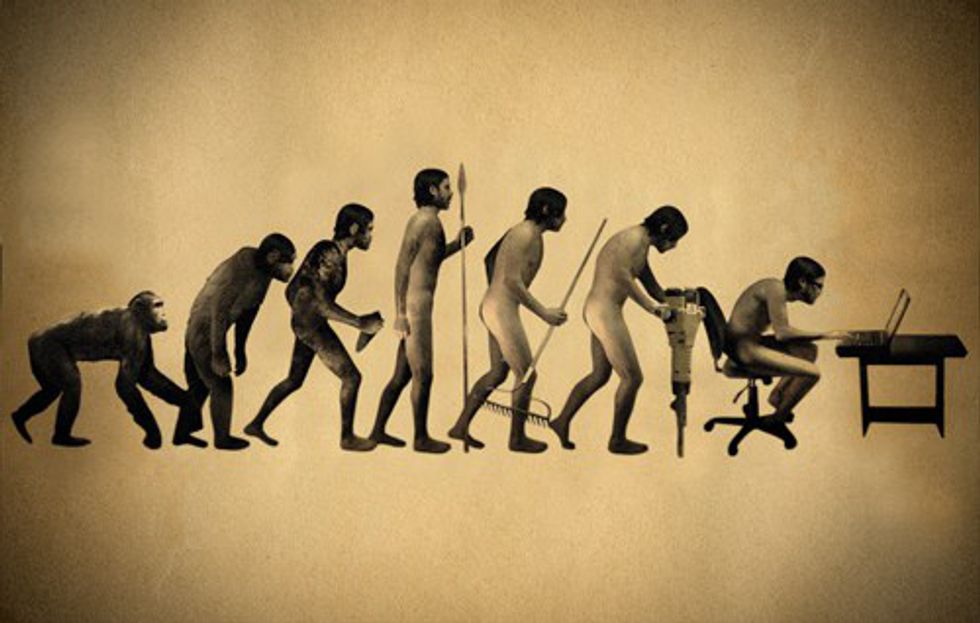As a 1994 millennial, living in the "Google" age is an instantaneous time warp to a supremely vast universe of infinitesimal quanta of knowledge. In today's modern era, we as a society have become nearly 100% dependent and/or reliable on Google to answer all our unknowns and to try and help us resolve all our problems. An inevitably consequential effect from this continuous rapid-fire increase of our ever-expansive knowledge base is this highly intensive pressure to keep up with all the data and proceed to build upon it at a quicker rate than a few moments before. Because of this instant access to this intimidating and overwhelming vast array of data, along with the juxtaposed nature and role of social media, we may, most likely, be pushing the threshold to more than what our brains can humanly handle, as if our brains were becoming more like the very technologies we have become dependent on such as our wireless devices that "must" be connected to "Google."
Among the scientific communities, there is a constant debate about just how much information our brains can actually retain. According to lead researcher, Tom Bartol at the Salk Institute for Biological Studies, “It’s an order of magnitude more capacity than we knew was there,”..."the brain’s information storage capacity may be around a quadrillion bytes ." Even the '
With consideration to our abounding internet knowledge and modern-day humans trying to play catch-up with this information on a constant basis, we have succeeded to neglect a type of valuable knowledge so under-recognized that it has inspired me to write this article. As a Pre-Medical and now Pre-Professional Honors Undergraduate at John Jay College studying Forensic Psychology, I will speak for all my peers who may resonate with what I am about to say: the pressure to obtain and retain the constant overload of successive data is literally next to impossible given our review of the capabilities of the human brain; we are overloading our brains to be as competitive as possible in an increasingly competitive depth of fields, such as trying to become a successful professional or a doctor in the medical, graduate, or other professional fields. Simply put, our brains cannot continue to handle this worryingly unhealthy modern pressure we put on it. Instead, we should start to consider and truly value the benefits of unknown intelligence.
Unknown intelligence (U.I.) is a concept that I have been trying my best to delve as deeply into as my current career path will let me. Unknown intelligence is simply what its name implies: power in
U.I. may be a weird concept to understand, but it helps to try to not understand it in order to truly do so. U.I. encompasses the space within our intrinsic knowledge that our second brain, or the enteric nervous system processes. It is tapping into the third eye , into the infinite source of wisdom, the way that many ancient religious sects have done it throughout history, ultimately in order to know for the sake of knowledge itself. We must take advantage of our U.I. and find a way to balance it in today's "Google" age. Not knowing what we do not know is an infinitesimal source of knowledge that we can ever fathom.


